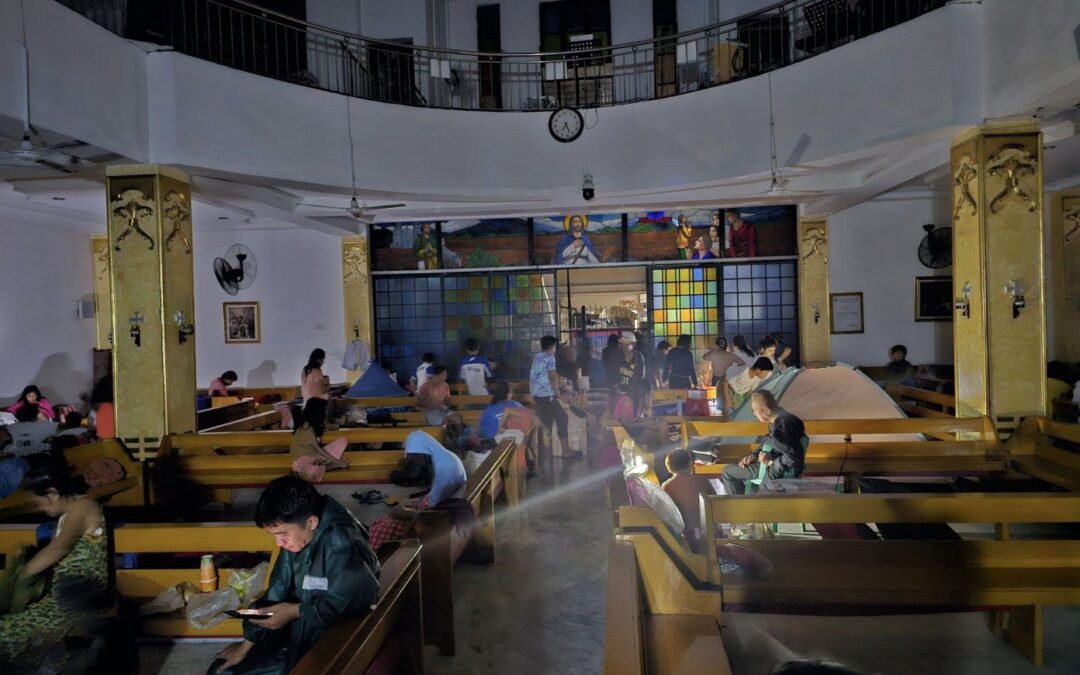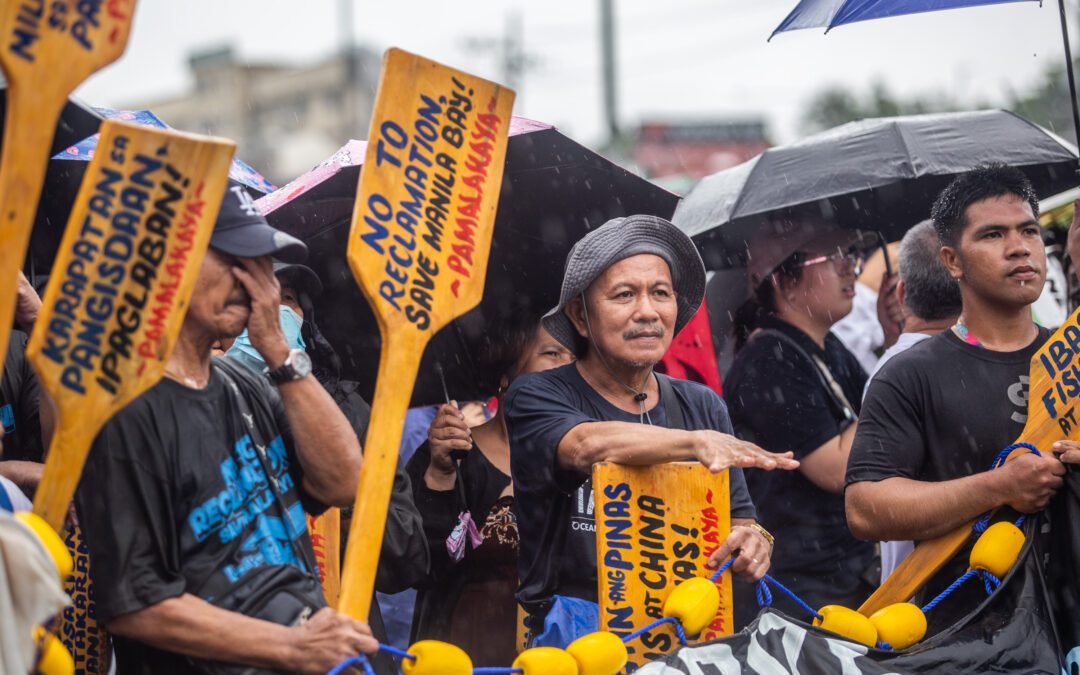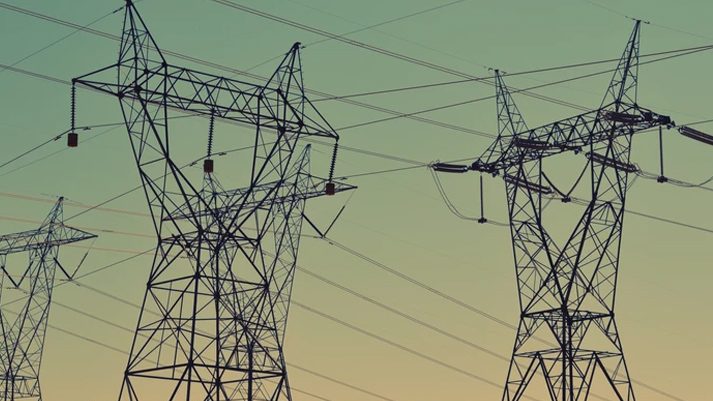Pro- environment group Kalikasan People’s Network for the Environment (Kalikasan PNE) marked the annual Global Climate Strike with a call to ban destructive projects.
The group urged the Philippine government to “implement an emergency moratorium” on large-scale reclamation, mining, and dam construction projects nationwide.
Leon Dulce, national coordinator of the group, said more than 66 million Filipinos living on our coasts “will suffer catastrophic impacts from both coastal risks such as reclamation and upland watershed risks such as big mines and dams.”
He said the government must ban projects that not just plunder the country’s natural resources but also threaten lives and livelihoods.
Dulce lambasted the present administration for allowing projects with “dangerous risks and actual impacts” to the environment and communities.
Some of these projects include the Aerocity reclamation in Bulacan province that was awarded an Environmental Compliance Certificate despite opposition from scientists and other stakeholders.
Another project was the Kaliwa Dam that was flagged with anomalies in its Free, Prior and Informed Consent and Commission on Audit findings, according to Dulce.
“If President Rodrigo Duterte still pursues these projects, he sets a dangerous precedent of allowing the destruction of our vital ecosystems and displacement of the most vulnerable communities due to climate change,” he said.
“The risks that come with these projects are not worth the so-called benefits, which only benefit the project proponents,” Dulce said.
In Cagayan province, Father Manuel Catral called on the national and local governments to review their policies on destructive extraction projects, specifically the black sand mining in Cagayan River and the off-shore magnetite mining in the north Philippine Sea.
Catral, who heads the Cagayan Advocates for Integraity of Creation, said these projects aggravate the worsening environmental condition in the whole region of Cagayan Valley.
He said the extraction procedure of black sand disturbs the habitat of the famous “aramang” or spider shrimp from where majority of the fishermen get their livelihood.
“Excavation will lead to the destruction of habitat, spawning, and food producing zone for endemic clams, soft shelled clam,and river clam. These thrive in sandy riverbeds, not rocky bottoms,” the priest explained.
Catral said many of our communities along the riverbank depend on the collection of these shells for food and livelihood.
He also warned against the “alteration of migration paths and patterns for catadromous fishes” and the “increase in suspended silt particles” that have negative impacts on biodiversity.
Catral urged church institutions and the civil society groups to support the campaign opposing destructive projects in the region.






0 Comments